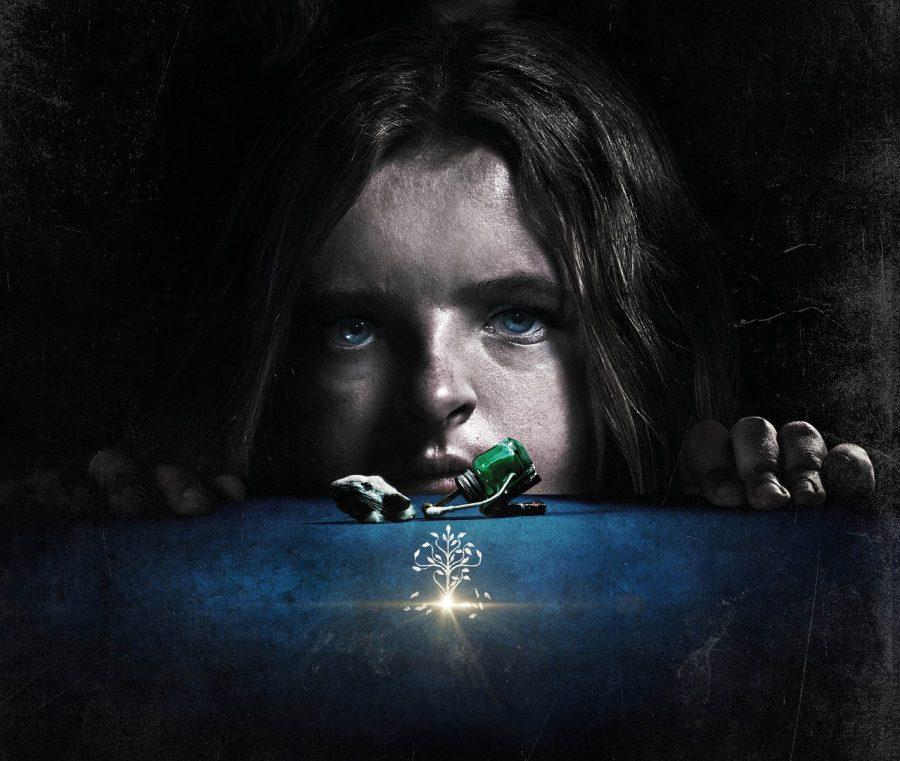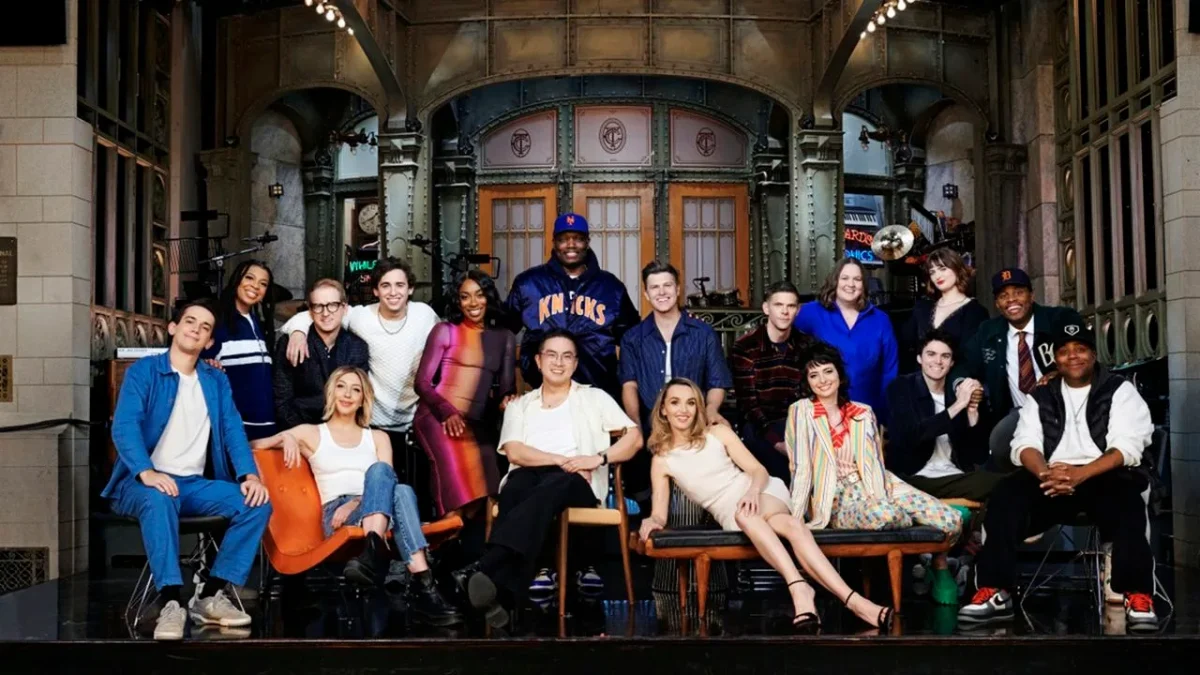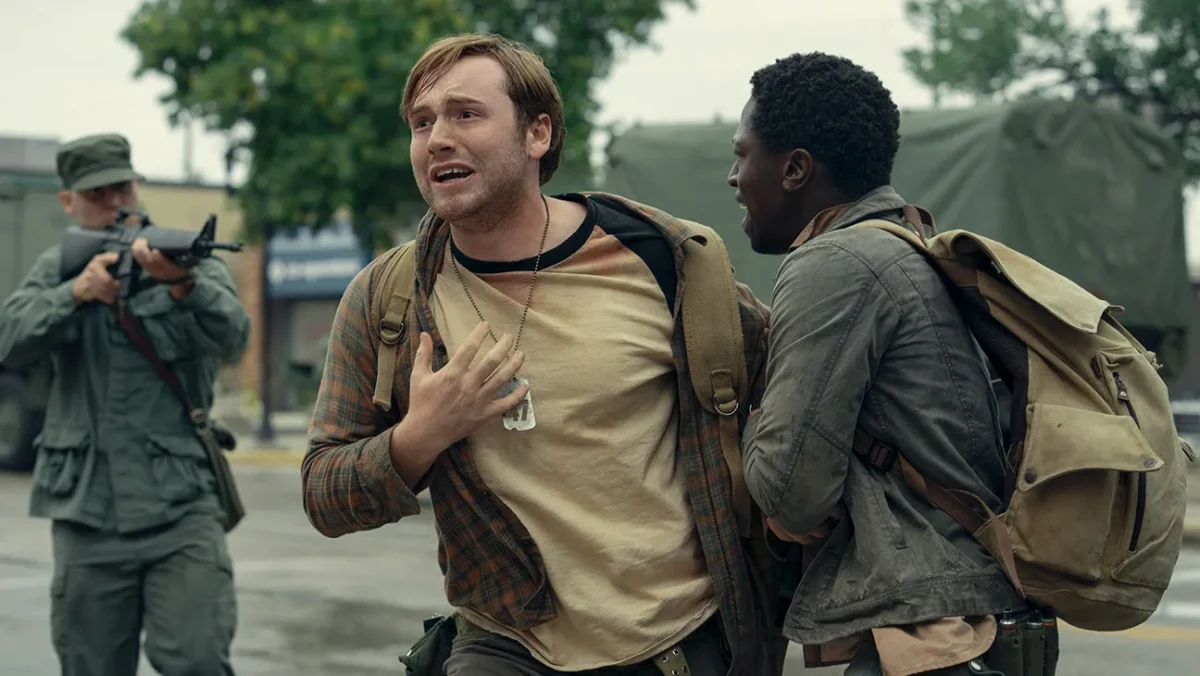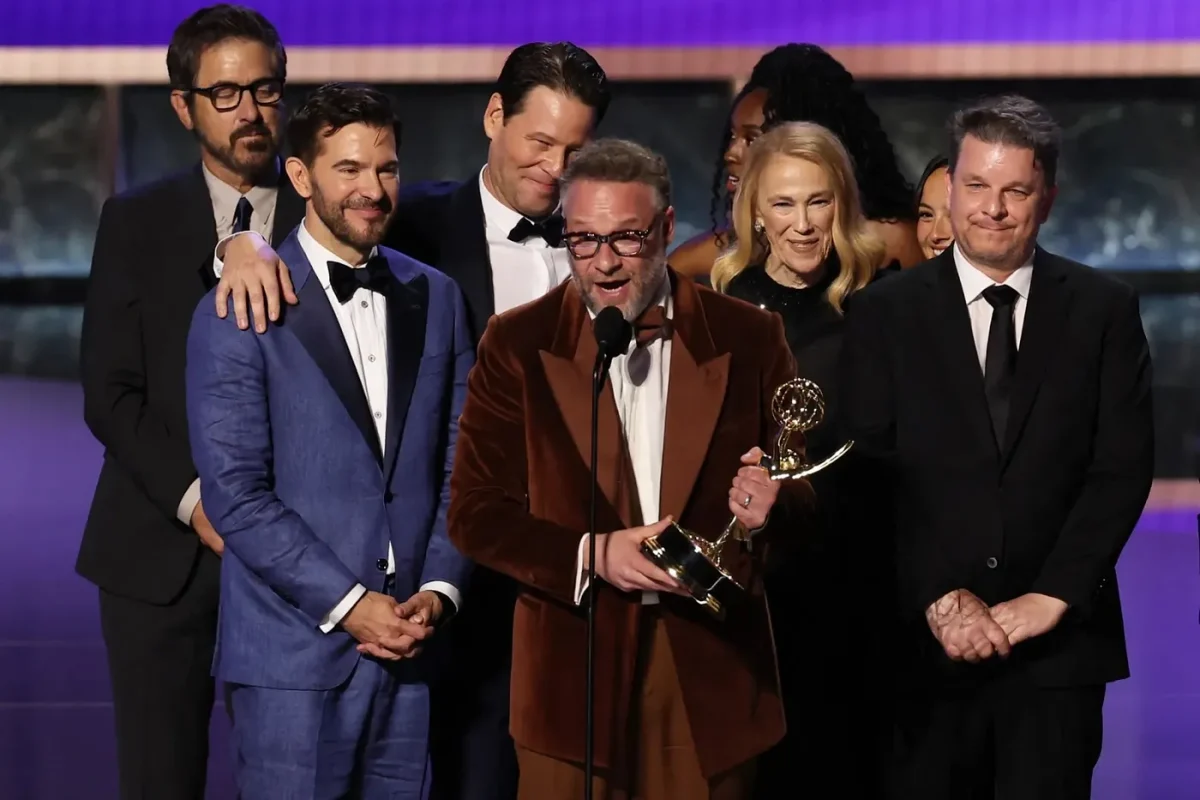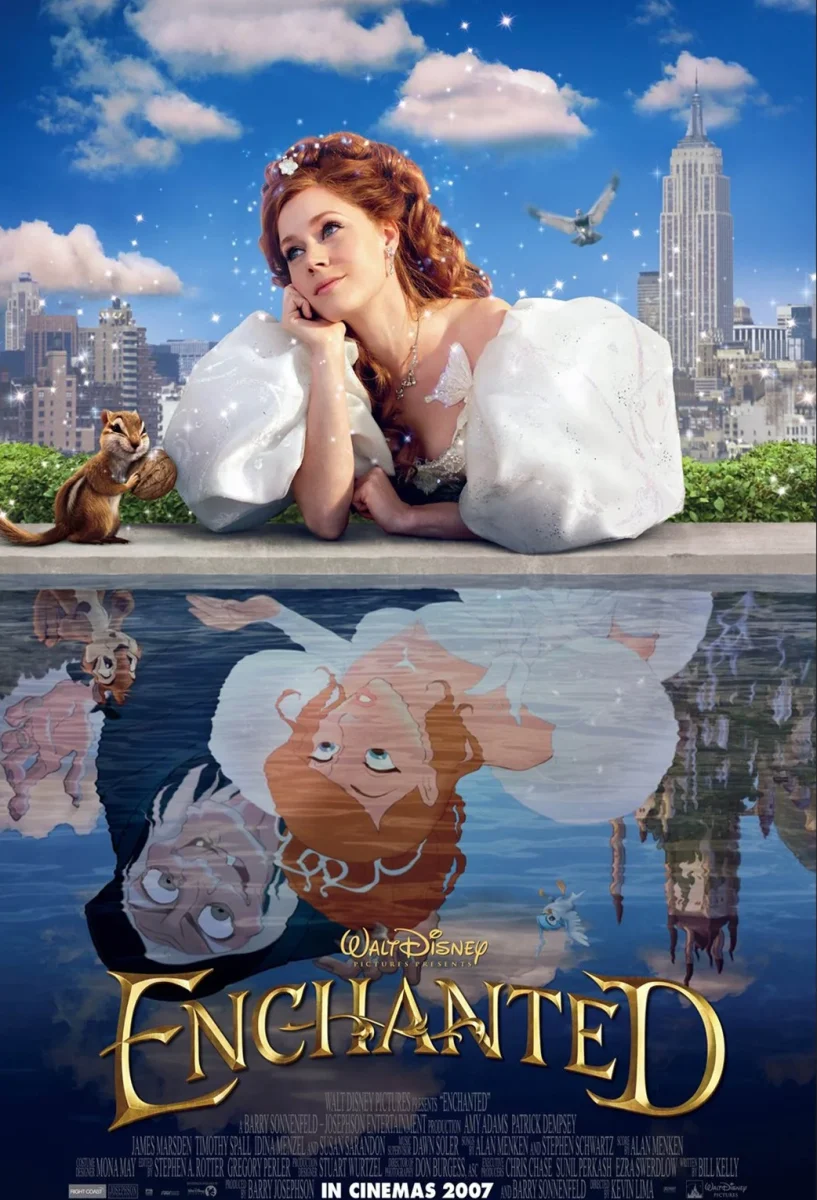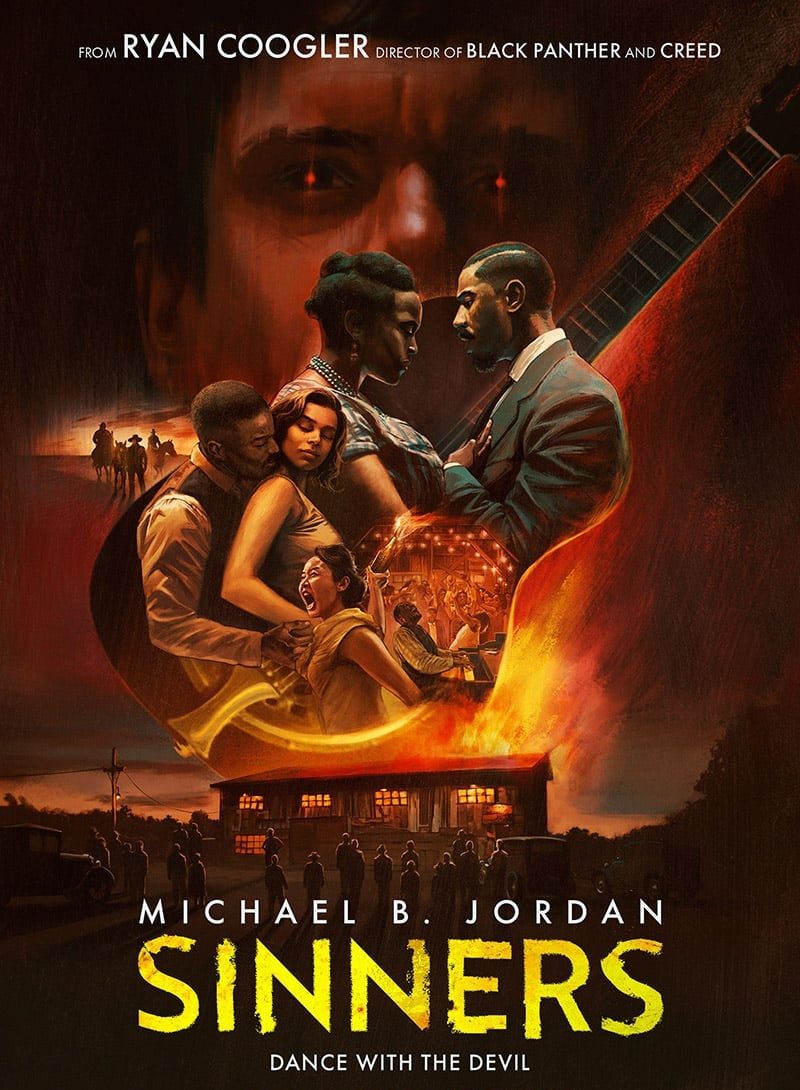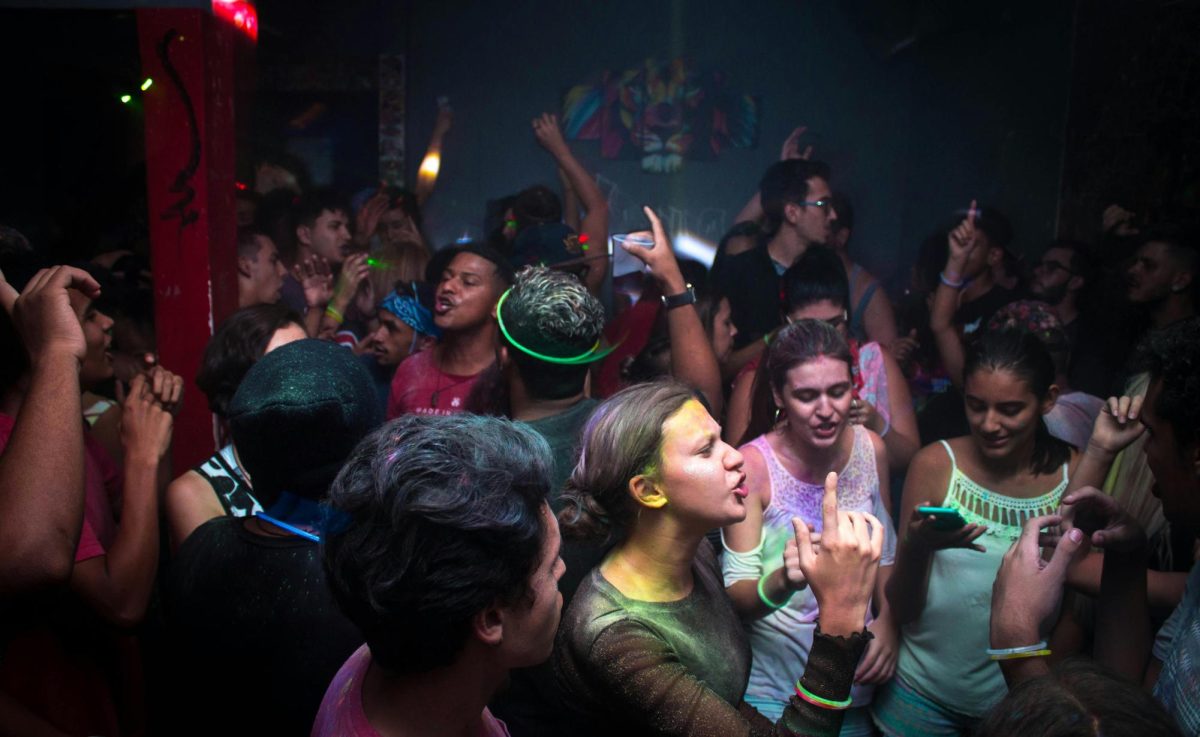A24’s new horror film has garnered fervent (and deserved) attention since its release in early June. Ari Aster’s directorial debut, “Hereditary”, is being lauded as one of the most frightening films of this century. It has received excellent critical reviews, scoring a 90% on Rotten Tomatoes and an 87 on Metacritic.
“Hereditary” takes classic horror tropes such as spirits and destruction (someone even crawls on the ceiling at one point) and reframes them in the context of what is truly scary: loss and the demise of a normal family. While ghosts and slashers can terrify us in the moment, the understanding that loved ones could leave at any moment is what keeps people up at night.
The film begins with the death of the family’s matriarch, Ellen Graham. She leaves behind daughter Annie (Toni Collette), son-in-law Steve (Gabriel Byrne), and two grandchildren Peter (Alex Wolff) and Charlie (Milly Shapiro). What follows is the tale of their grieving, at first showing Annie going to group therapy and burying herself in her work on scale models as a way to cope. If viewers didn’t know going into the film that it was horror, the first 15 to 20 minutes could appear to be a drama. However, the family falls more and more into despair as the film goes on, each event seeming more disturbing and bone-chilling than the last until finally, dark secrets are uncovered.

Filled with horror that doesn’t rely on jump scares, “Hereditary” creates an atmosphere filled with looming dread; audience members don’t know what’s going to happen, but the scenarios progressively get worse for the characters. Eventually, their problems take a supernatural turn. The family has no agency, no way to escape the terrible things that are happening to them. It is this loss of control and fulfillment of the inevitable that makes the film truly scary: we are afraid of what we can’t control. The film also cultivates a strong sense of unease. Viewers will be left in raw shock after some scenes. During an especially intense dinner scene, Collette utters one of the most chilling lines of the film, and then desperately tries to shove the words back into her mouth. The scene settled into the audience’s collective gut like a heavy weight.
Collette and her on-screen son Wolff were two of the best forces this film had to offer. Their performances left nothing to be desired; both actors were all in, and it showed. The full spectrum of human emotion was displayed by the pair throughout the film’s two-hour runtime. One of the standout scenes of the film occurred with Wolff driving the car, and then subsequently going into one of the most realistic portrayals of shock ever witnessed on the big screen. Aster trained his camera on Wolff’s blank expression, laying in bed, for around a minute with the sound of Collette’s screams in the background. Wolff’s face is perfection: even as it remains perfectly still, the fear and realization are spinning around in rampant circles behind his eyes. Collette also stands out, with Annie’s desperation for a normal life and increasingly frenetic behavior portrayed in startling realism. An Oscar nomination would be well deserved for her performance. An honorable mention goes to Shapiro in her breakout film role. Only 15, Shapiro plays “unsettling” so well, and it matches the tone of the film down to the letter.
“Hereditary” also boasts an interesting score, made up mostly of low, dissonant notes and stringent violin plucking. The errant pattern of the notes heightened the discomfort the film set out to create; just like each and every scene, viewers never knew when the other shoe would drop. Another sound that dug out a haunting presence throughout the film was Charlie’s mouth clicks. The sound came to symbolize impending doom for the Graham family. The sound still proves to be hair-raising long after viewers leave the theater behind.
Foregoing spoilers, the ending felt a little lackluster on the surface. It seemed to be a classic horror plot twist, one so overused it hardly feels like a twist at all anymore. It can be taken as a let-down at first viewing, thanks to the strong sense of discomfort brought on earlier in the film. The last scene seemed to have been wrapped up and handed to the audience in a neat little bow. Tonally, it felt off, almost like it was meant to resolve completely separate film. However, upon further reflection, it wasn’t terribly difficult to find the hints that had been spread throughout the film. (Pay close attention to words written on walls and recurring symbols on necklaces and telephone poles.) The tone shift at the end added to the off-putting feelings the movie elicits, and in that way, the ending fit. It very much felt like the calm after the storm that was “Hereditary.”
Horror fans bored with genre clichés and movie buffs looking to do really dig into a character analysis will enjoy this truly discomfiting film. You can watch the trailer here.

